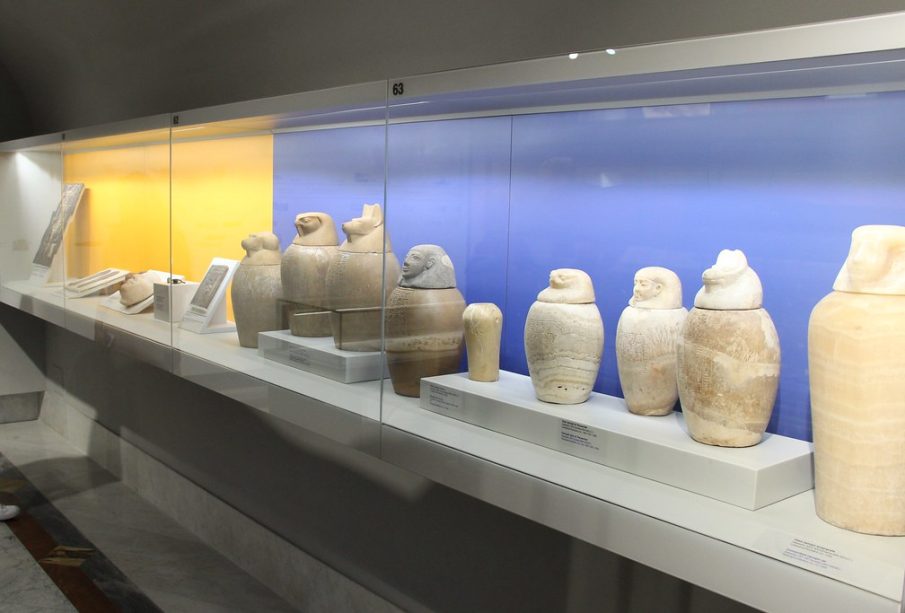Naples: Italy’s Vibrant City of History and Culture

Introduction
Naples, often regarded as one of Italy’s most vibrant cities, is a place where history meets contemporary culture. Nestled along the Bay of Naples, this city is not only known for its stunning views and rich tradition but also for being the birthplace of pizza. As Europe gradually reopens its borders and travel resumes, Naples has seen an uptick in both domestic and international visitors. With its unique blend of history, art, and culinary delights, it stands as a must-visit destination for travellers seeking to immerse themselves in Italian culture.
Historical Significance
Founded by the Greeks in the first millennium B.C., Naples has a deep-rooted history that reflects in its architecture and urban design. The historic centre, a UNESCO World Heritage site, is home to numerous churches, castles, and monuments that echo the city’s past. Sites like the Castel Nuovo and the Naples Cathedral draw in thousands of visitors each year, showcasing the city’s historical richness. Additionally, archaeological sites such as Pompeii and Herculaneum, located nearby, further underline Naples’s significance in ancient Roman history.
Cultural Landscape
The cultural fabric of Naples is enriched by its vibrant arts scene, which includes music, painting, and theatre. The city is renowned for its opera houses, with venues such as Teatro di San Carlo, one of the oldest opera houses in the world. Naples is also a hub for street art, with murals and installations dotting its streets, reflecting contemporary social issues and the city’s dynamic spirit. As the city prepares to host various cultural events and festivals, it continues to attract artists and performers worldwide.
Culinary Delights
No exploration of Naples is complete without indulging in its culinary offerings. The city is famous for its traditional Neapolitan pizza, with local pizzerias serving authentic versions that have garnered global acclaim. Beyond pizza, visitors can savour specialties like sfogliatella, a shell-shaped pastry, and other local delicacies that capture the essence of Mediterranean cuisine. As food tourism grows in popularity, culinary tours have become a favoured way to experience Naples’s rich gastronomic heritage.
Conclusion
As Naples continues to embrace its historical significance and cultural richness, it remains a beacon for tourists seeking authentic experiences. The city’s successful blend of ancient history with modern vibrancy ensures its place on the travel maps for future generations. With ongoing restoration efforts and cultural initiatives, the forecast for Naples is bright, promising an enriching experience for all who visit. Travellers planning their next getaway should consider Naples not just for its stunning views but for the kaleidoscope of experiences it offers.









